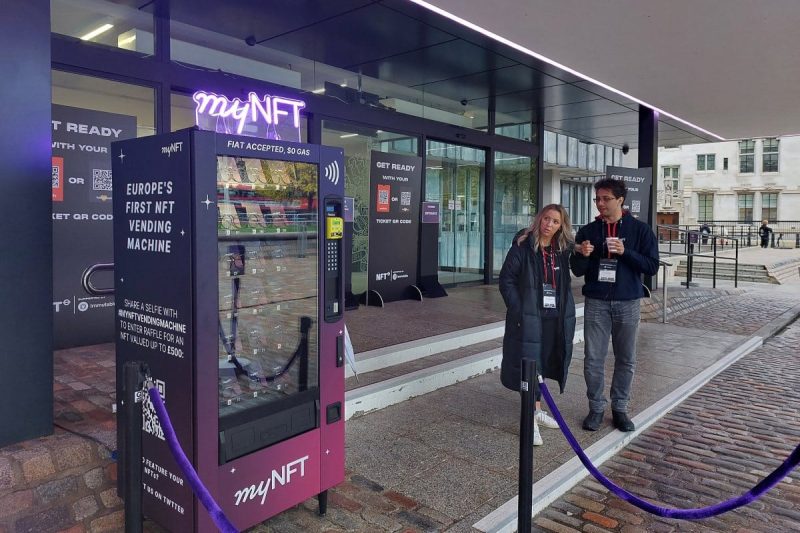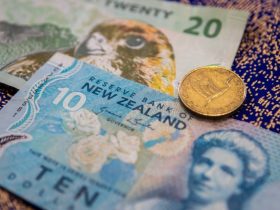Non-fungible tokens, or NFTs, have faded into the background with all the chatter and excitement around a spot Bitcoin exchange-traded fund being approved in the US market.
Earlier today GameStop revealed it has shut down its NFT marketplace, signaling its withdrawal from the cryptocurrency space. The announcement was made via a statement on the platform and cites “the continuing regulatory uncertainty of the crypto space” as the primary reason behind this decision.
Another notable move was made by X, formerly known as Twitter, which quietly removed all references and options for owning NFTs as an account avatar. TechCrunch reported on January 8, that X had silently removed a feature for paid subscribers. They’re no longer able to set an NFT as a profile picture.
NFT Trading in Decline
Trading of NFTs has been in decline for over a year. Data compiled by Statista, shows the number of active wallets involved in NFT trading has declined by more than 25% between Q2 2023 and Q3 2023. This is a notable decline from the end of 2021 — when the number of users was estimated at nearly two million.
The NFT bear market continues which can be linked to the crypto market which has been stagnant. Is it game ove for NFTs? Or will the digital collectible make a come back?
What Causes NFTs to Surge?
NFT trading has at times surged at various moments. Statista highlights that back in 2017, the surge was connected to the popularity of collectible CryptoKitties whereas the second surge was in March 2021, had to do with media reporting the largest NFT sales to date. In August 2021 was likely caused by sales of Axie Infinity, a popular NFT game in Southeast Asia.
In December, Dapp Radar reports there has been a slight surge in NFT trading volume passed $994 million, an increase of 125% from the previous month, with a total of 3.67 million sales. Blur led the NFT sector with 35% market share in trading volume, followed by OKX with 32%. OpenSea dropped to a yearly low at 14%, but retains 191,000 active traders.
Over the years, luxury brands such as Prada, Gucci, and Dolce & Gabbana have been launching NFTs– fast forward to today and there’s the occasional drop. One of the reasons luxury brands launched NFTs is to increase brand exposure, and combatting counterfeiting. The question arises is there a good use case case for NFTs?
In the art world NFTs have been used to tokenize physical assets, such as art work, and collectibles, this trend is slowly growing and reshaping th the art world and how we own, and trade digital assets.
The post Game Over for NFTs? Will the Market Recover in 2024 appeared first on Cryptonews.






